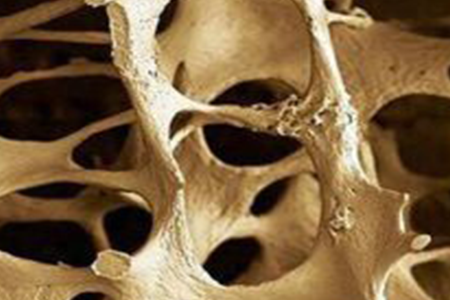Researchers from the Rutgers Medical School, New Jersey have reported that vitamin D regulates calcium in a section of the gut that was previously thought not to play a key role. The findings have important implications on how gut disease, including ulcerative colitis and Crohn’s disease, can alter calcium regulation.
The study
This work may lead to new strategies that can compensate calcium malabsorption and increase the effectiveness of gut calcium absorption to minimize bone loss due to bariatric surgery, small intestine resection, or reduced calcium absorption after menopause or due to aging.
In a healthy person, the body absorbs calcium to maintain strong bones and perform other important functions such as helping muscles move and supporting nerves to convey messages between the brain and parts of the body. Vitamin D is crucial for this gut calcium absorption and for the function of the intestine.
The study, published in the journal Molecular and Cellular Biology, highlights the importance of the distal segments of the intestine – including the colon – in the regulation of calcium vitamin D and bone calcification. Previously, this regulation was thought to only occur in the proximal intestine, the first section of the intestine immediately after the stomach.
The findings
From the study, the researchers also discovered that a manganese transporter, a crucial element that plays a role in many cellular processes, was one of the most vitamin D-induced genes in both the proximal and distal sections of the intestine. Study lead author Sylvia Christakos, a professor at the Department of Microbiology, Biochemistry and Molecular Genetics at Rutgers Medical School, New Jersey, explained that these findings suggest that vitamin D plays other roles as well. “The findings suggest that vitamin D may play a role not only in calcium absorption, but also in the cellular regulation of other essential ions and in the function of gut stem cells,” Christakos said.
This study may lead to new strategies that can compensate calcium malabsorption and increase the effectiveness of gut calcium absorption to minimize bone loss due to bariatric surgery, small intestine resection, or reduced calcium absorption after menopause or due to aging.
Date: December 4th, 2020
Source: https://bariatricnews.net
Reference: Li S, De La Cruz J, Hutchens S, et al. Analysis of 1,25-dihydroxyvitamin D3 genomic action reveals calcium regulating and calcium independent effects in mouse intestine and human enteroids. Mol Cell Biol. 2020 Nov 2:MCB.00372-20.
Nutrigenomics Institute is not responsible for the comments and opinions included in this article






